Buying and renovating an abandoned house in Japan to operate an Airbnb can be a rewarding venture. This guide covers the basics and advanced tips, including essential legal considerations under Japan’s new accommodation laws. Whether you’re a beginner or looking to refine your process, we’ve got you covered.
Preparing to Buy an Abandoned House
Learn how to prepare for purchasing an abandoned house, including market research, financial planning, and choosing the right real estate agent.
-
Market Research and Property Selection
- Choose a location: Focus on tourist spots and areas with good transport links.
- Property features: Check the age, condition, and surroundings of the property.
-
Financial Planning and Loans
- Balancing self-funding and loans: Ensure you have a manageable repayment plan.
- Choosing a financial institution: Compare interest rates and approval criteria to select the best option.
Renovating the Abandoned House
Transform the house into an attractive Airbnb with tips on interior design and essential amenities.
-
Basic Interior Design
- Setting a theme: Choose a consistent design theme.
- Color and furniture: Use bright, clean colors and practical furniture.
-
Installing Amenities for Comfort
- Basic amenities: Ensure Wi-Fi and air conditioning are available.
- Kitchen setup: Equip the kitchen for basic cooking needs.
Basics of Running an Airbnb
Step-by-step guide to setting up and managing your Airbnb account, from creating a listing to setting prices.
-
Setting Up Your Airbnb Account and Listings
- Creating an appealing listing: Use high-quality photos and detailed descriptions.
- Managing the calendar: Keep your availability up-to-date.
-
Pricing and Booking Management
- Analyzing competition: Set your prices based on local competitors.
- Adjusting prices: Change rates according to demand, such as during holidays.
Hospitality and Review Management
Improve guest satisfaction and manage reviews effectively to build a good reputation.
-
Communicating with Guests
- Quick responses: Reply promptly to inquiries to build trust.
- Providing support: Be helpful and available when guests need assistance.
-
Handling Reviews
- Getting good reviews: Offer a clean, comfortable stay to encourage positive feedback.
- Addressing negative reviews: Respond quickly and courteously to resolve issues.
Understanding Japan’s New Accommodation Laws
Get to know Japan’s new accommodation laws and how they affect Airbnb operations. Learn about the necessary steps to comply with the law.
Private Lodging Business Act (Minpaku Law)
Private Lodging Business Act (Minpaku Law), also known as the Private Lodging Business Law, was enacted in 2018 to regulate the growing trend of private home rentals. Here are the key points:
-
-
- Maximum Stay: Property owners can rent out their homes for up to 180 days per year.
- Registration: Homeowners must register with the local government, ensuring compliance with regulations.
- Safety Requirements: Properties must meet safety standards, including fire alarms and emergency exits.
-
Inns and Hotels Act(Simple Lodging)
The Hotel Business Act governs traditional lodging businesses such as hotels, ryokan (Japanese inns), and hostels. Key points include:
-
-
- Licensing: Businesses must obtain a license, which involves meeting strict hygiene and safety standards.
- Types of Businesses: The Act categorizes businesses into ryokan, hotels, and simple lodgings, each with specific requirements.
- Management: Licensed managers must oversee daily operations, ensuring compliance with all regulations.
-
National Strategic Special Zones Act(portion related to Special Zone Private Lodging)
Special Zone Private Lodging allows for more flexibility in designated areas, often aimed at boosting tourism. Key points include:
-
- Designated Areas: Local governments designate special zones where these accommodations are allowed.
- Regulations: Similar to the Minpaku Law but tailored to local needs, often with more relaxed rules.
- Approval Process: Easier for property owners to gain approval, making it an attractive option for accommodating foreign tourists.
[See more information :Understanding the Differences Between Minpaku Law, Hotel Business Act, and Special Zone Private Lodging in Japan]
Conclusion
Turning an abandoned house in Japan into an Airbnb can be challenging, but with proper preparation and adherence to legal requirements, it can be highly rewarding. Use the tips and insights from this guide to create a successful and profitable Airbnb experience.

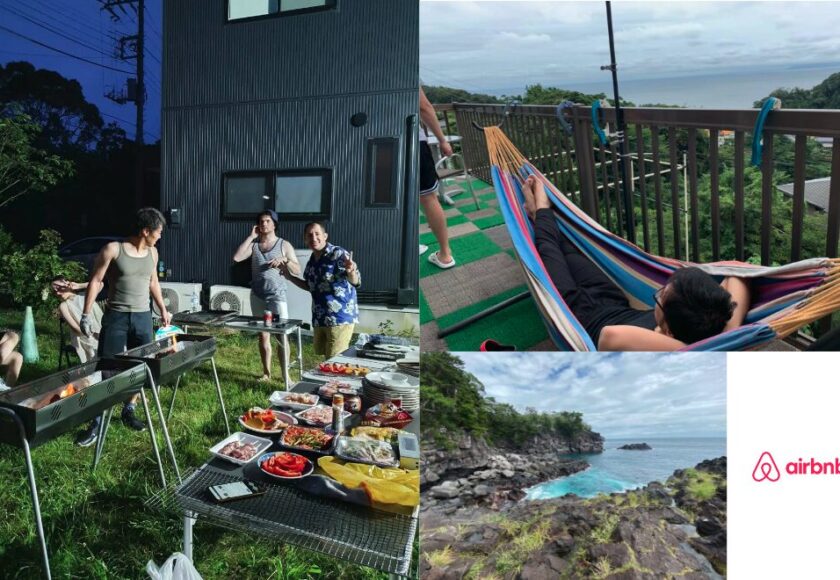
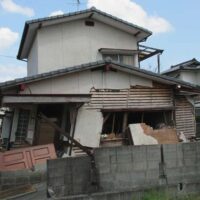
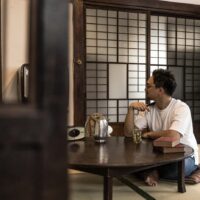
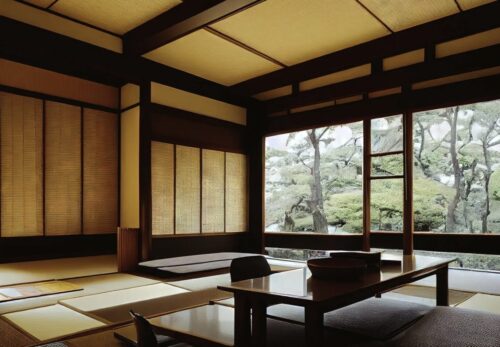
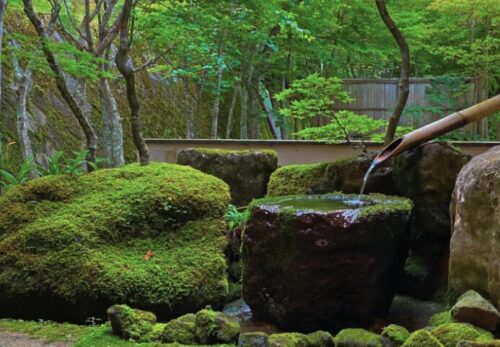
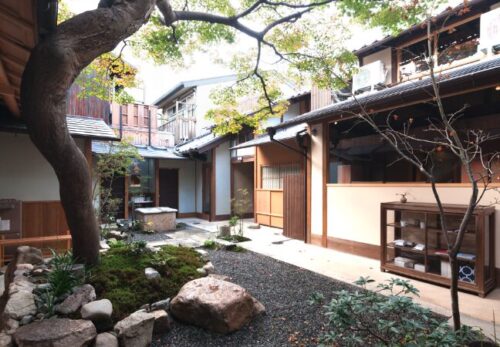
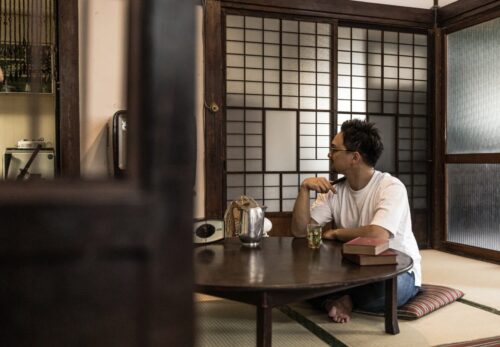
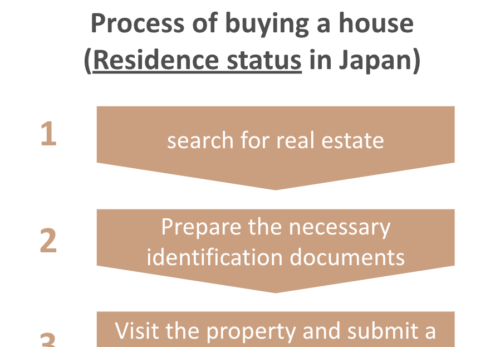
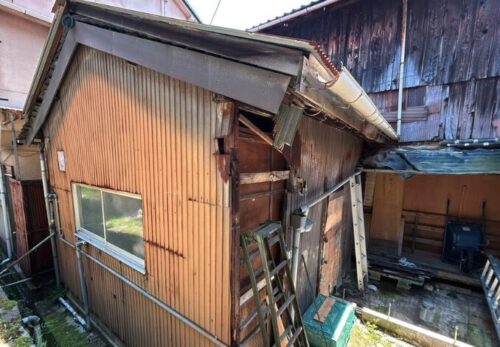
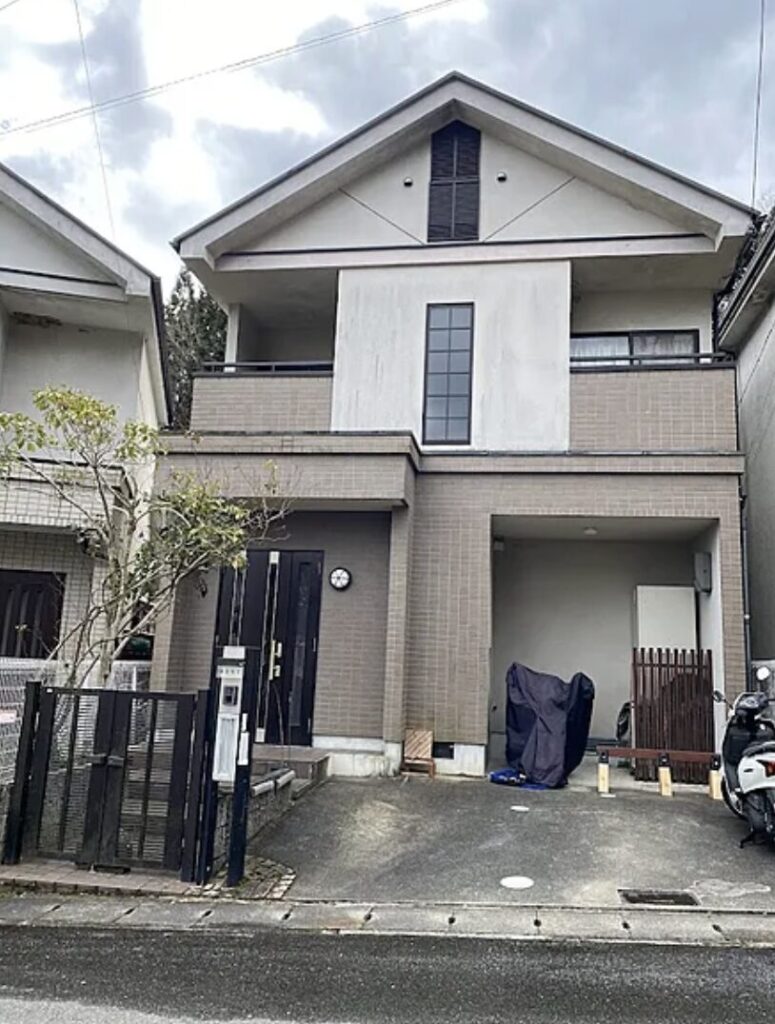
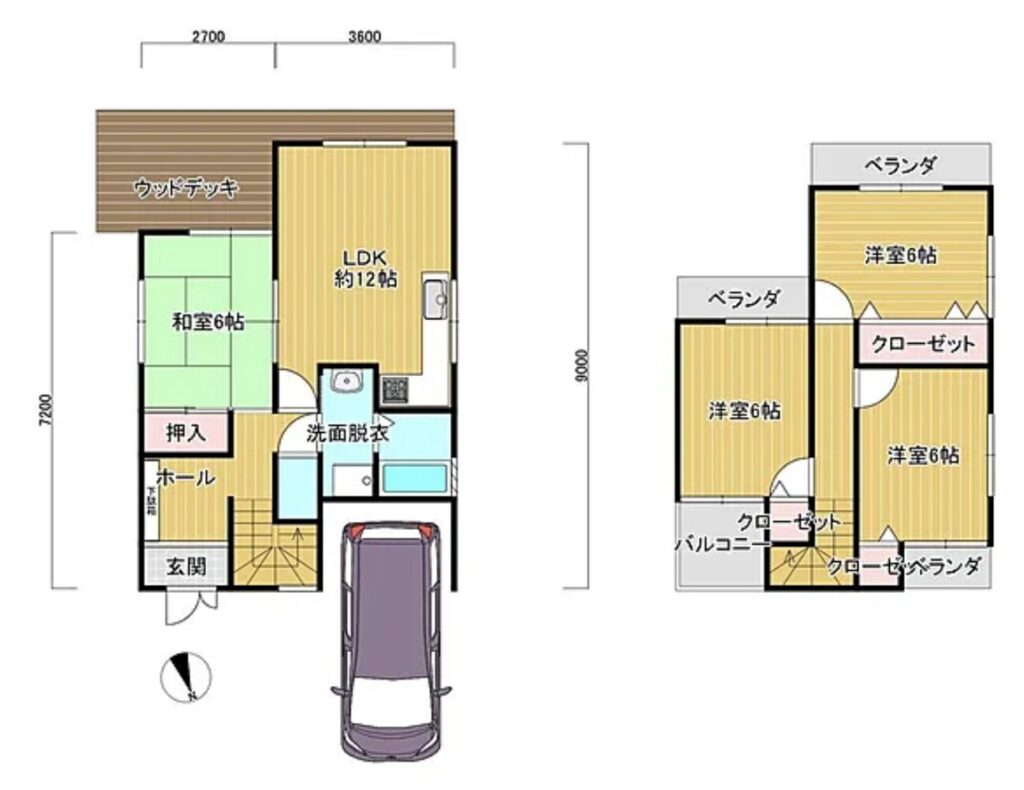
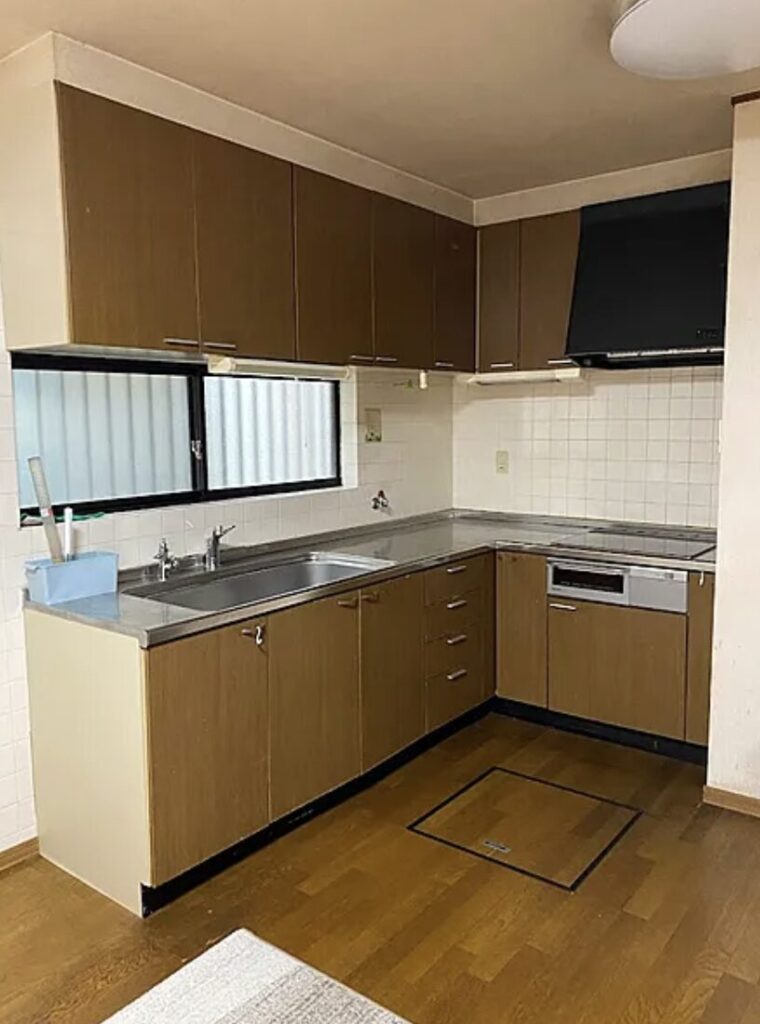
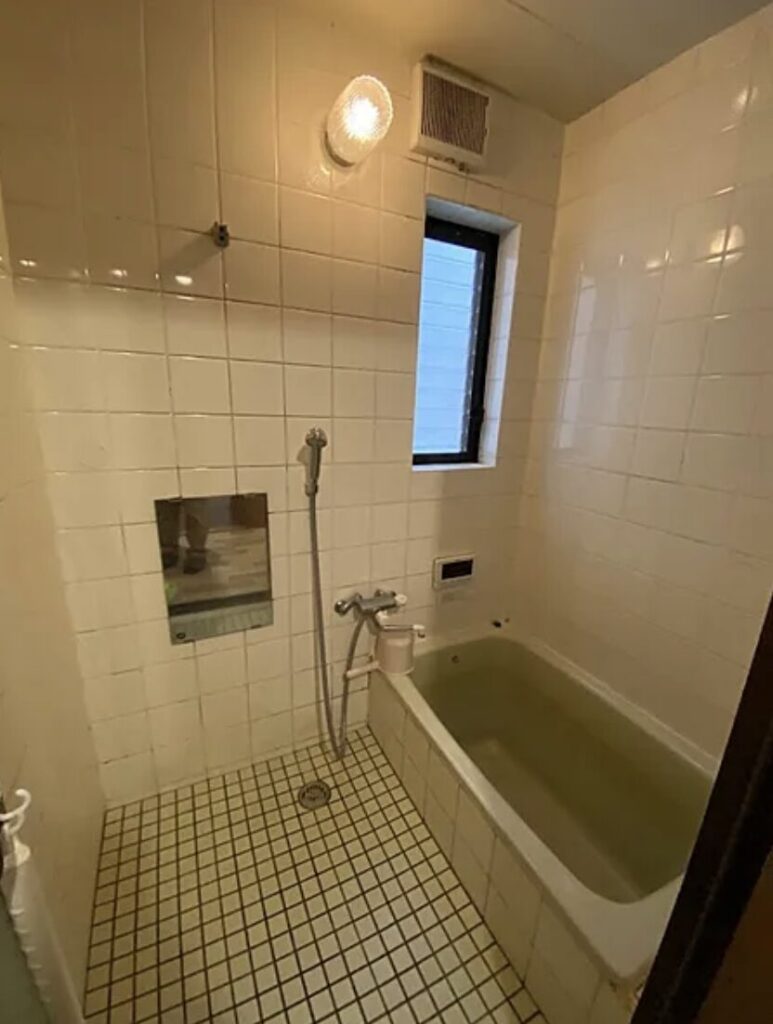
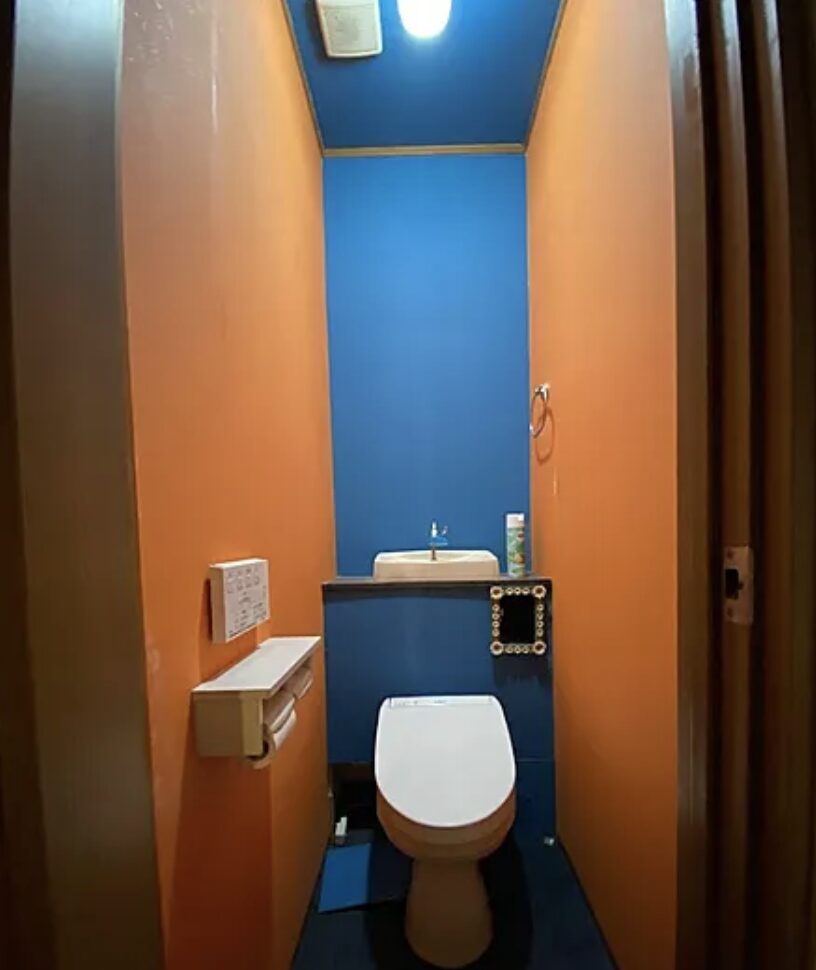
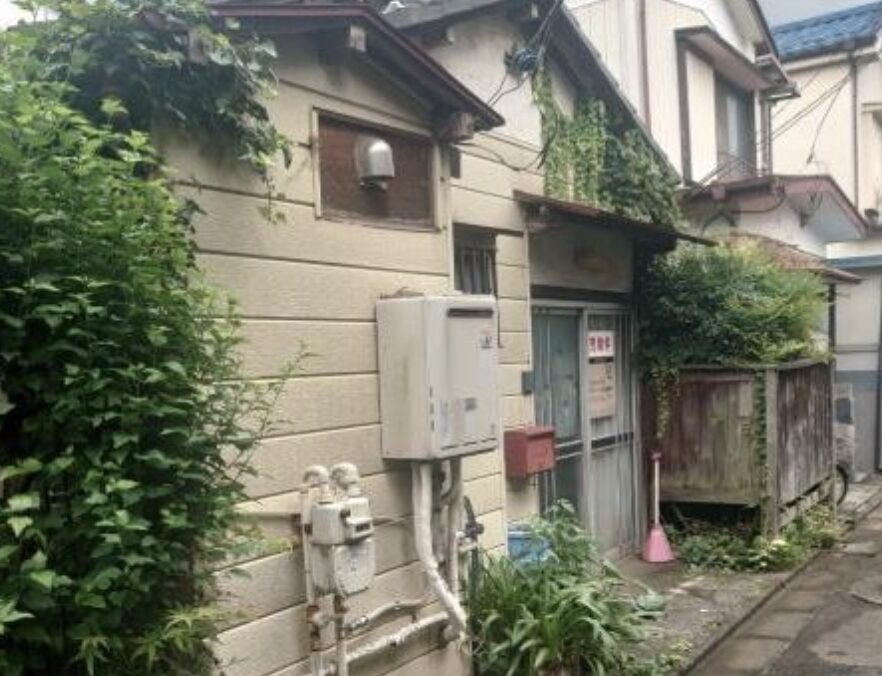
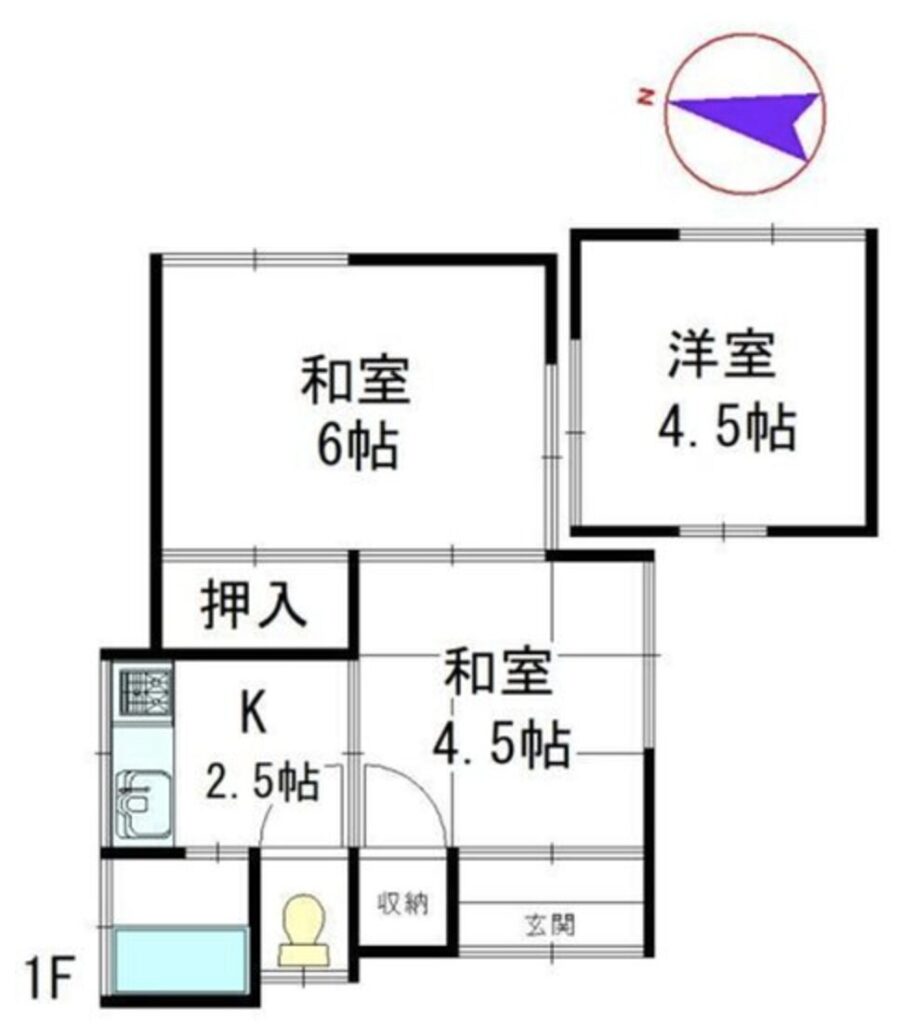
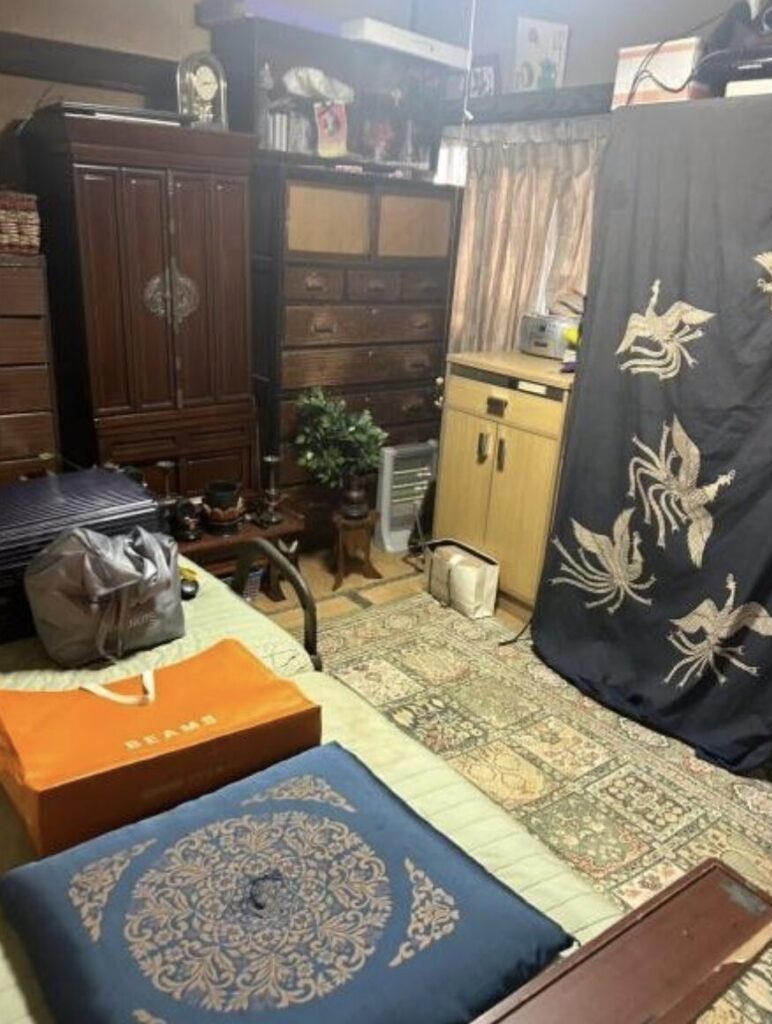
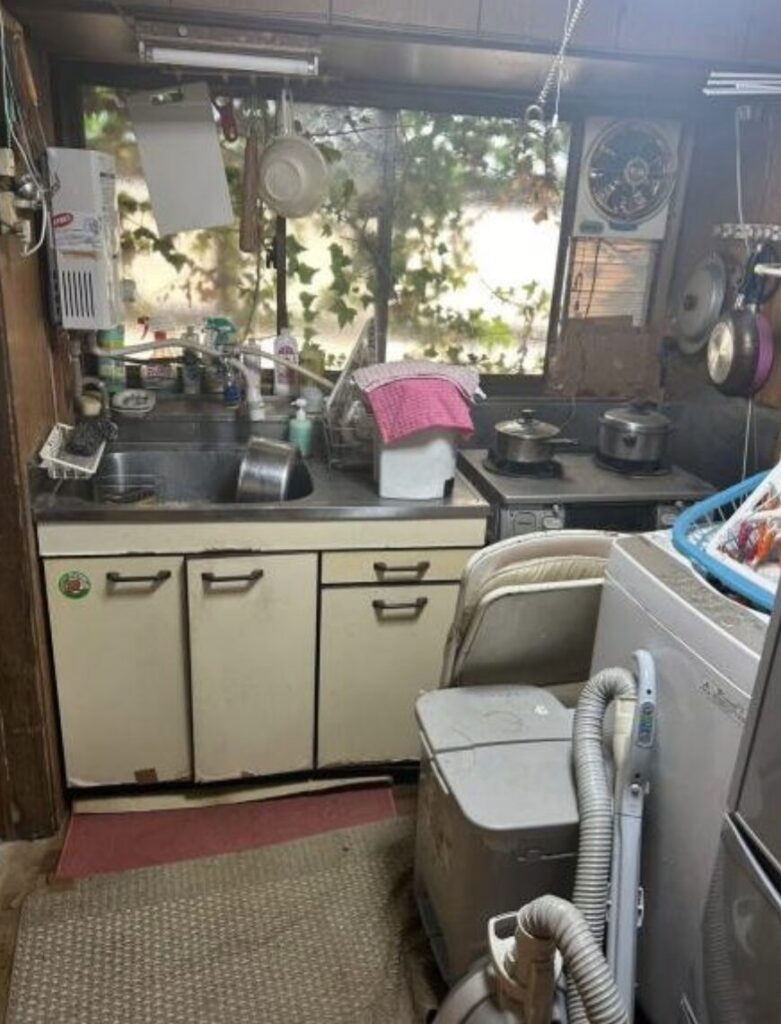
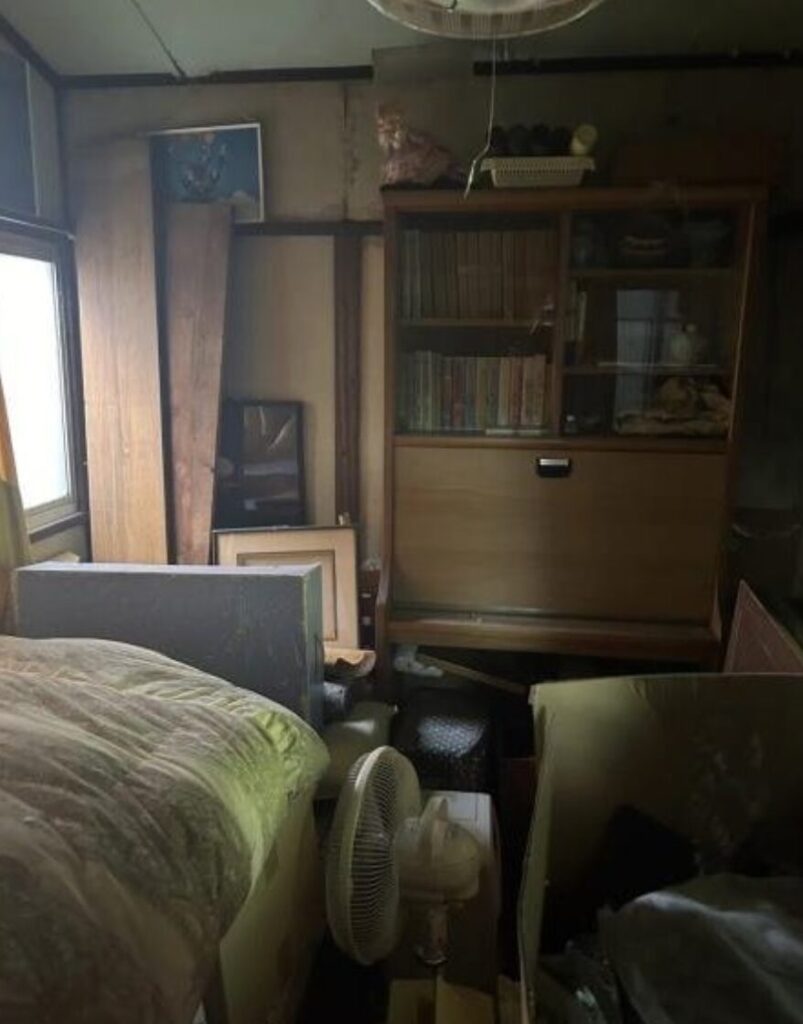
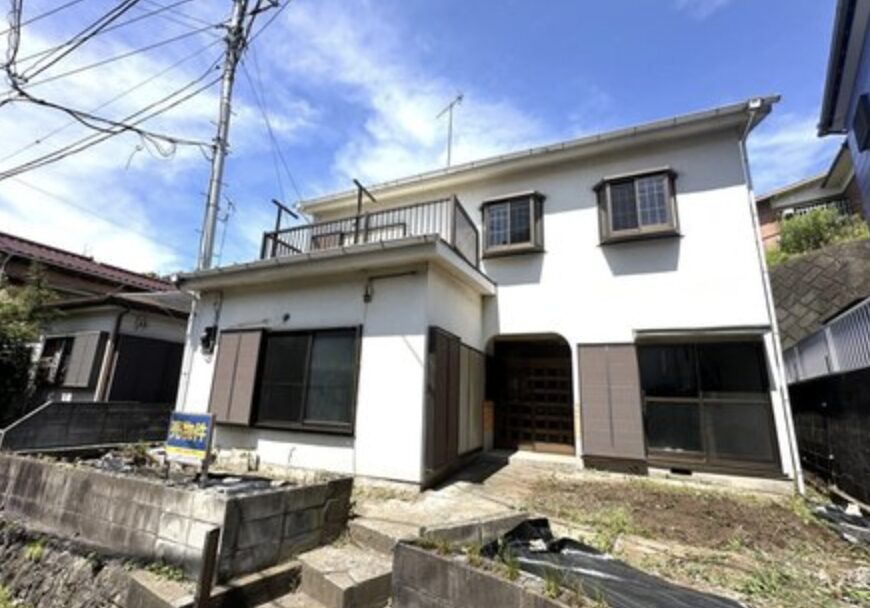
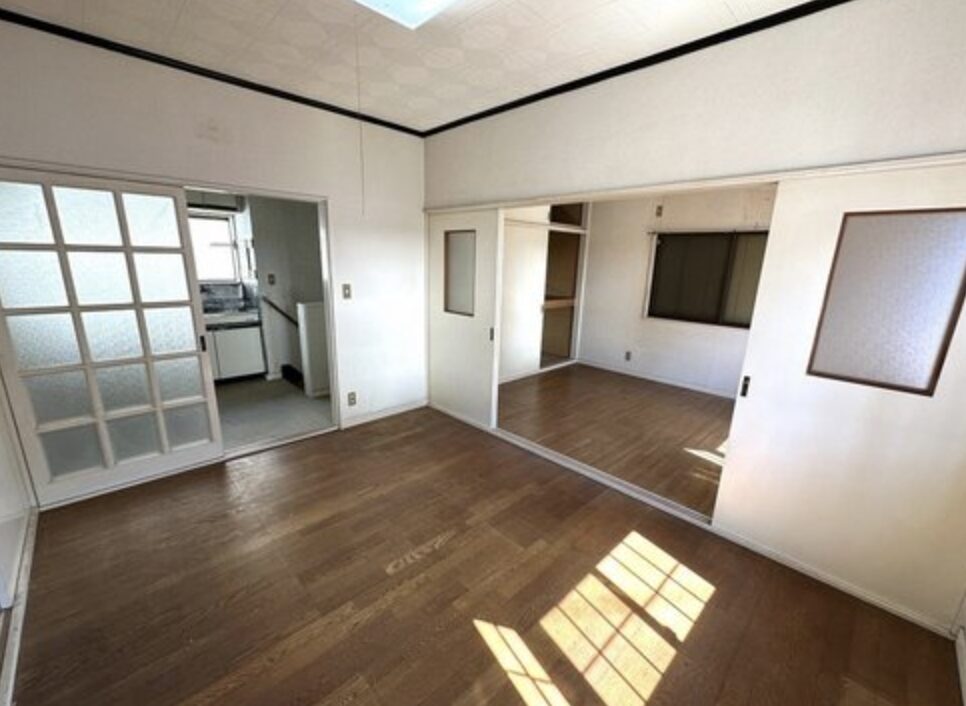
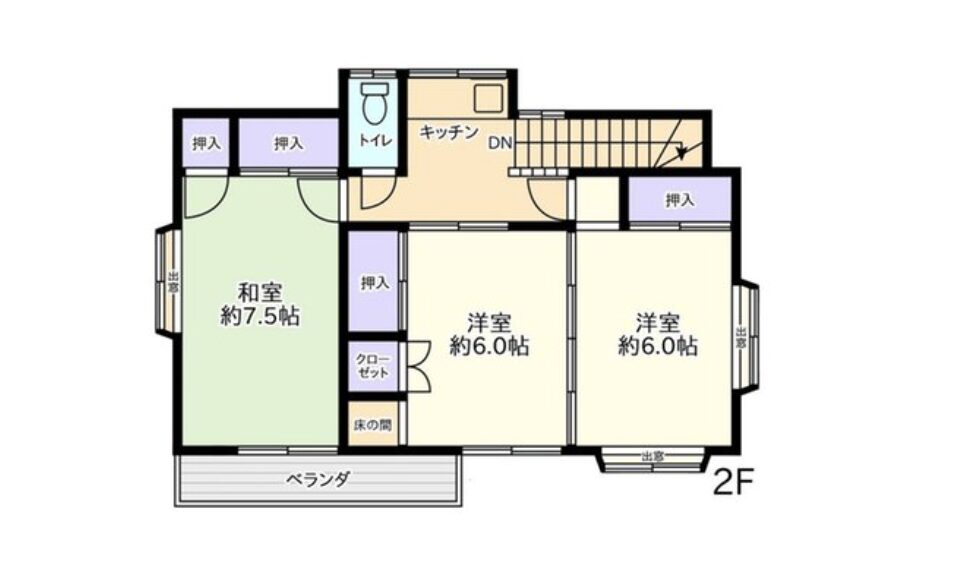
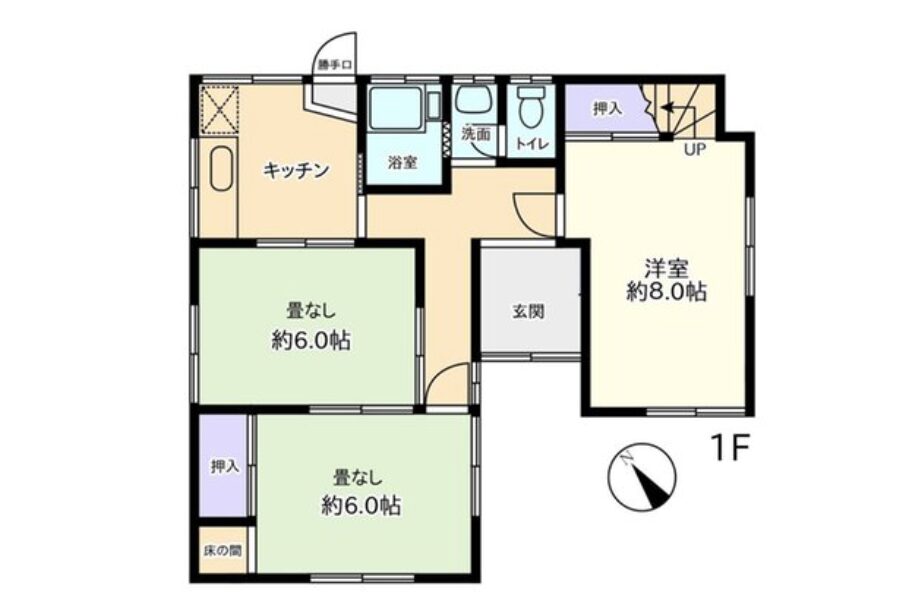
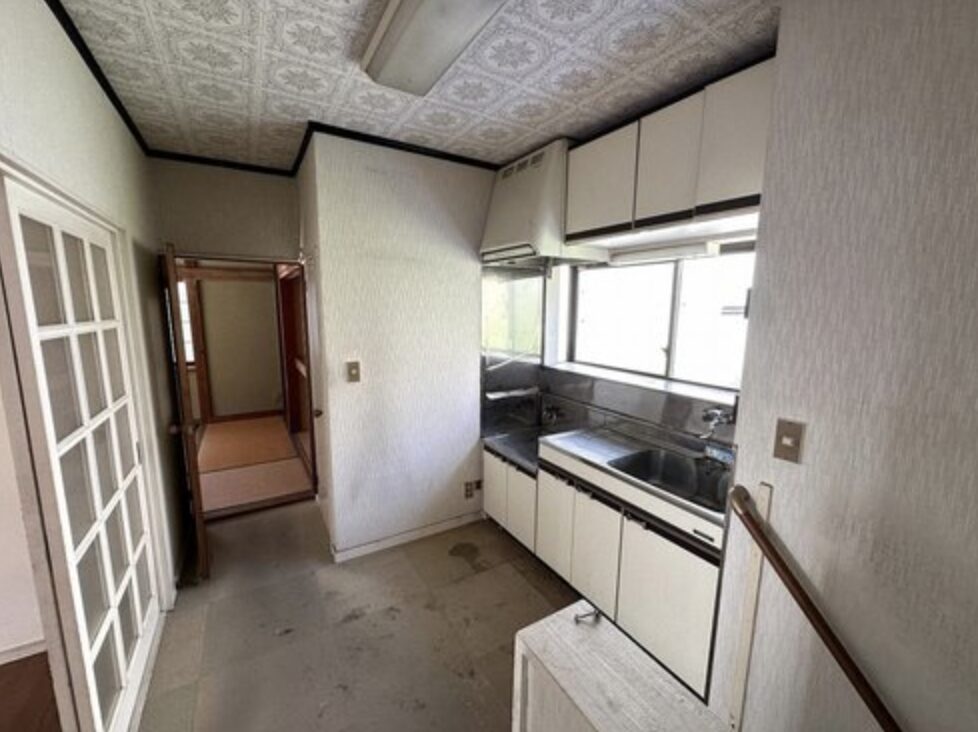
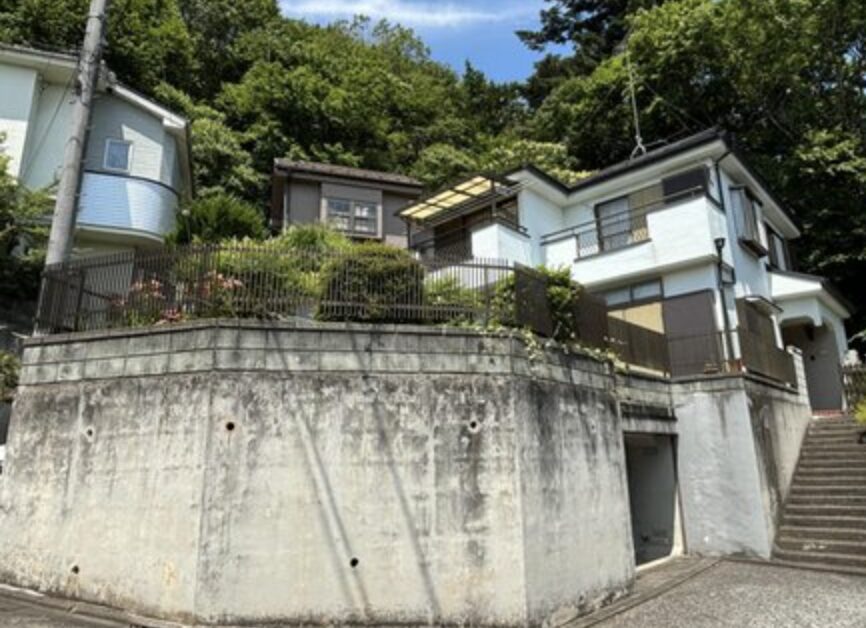
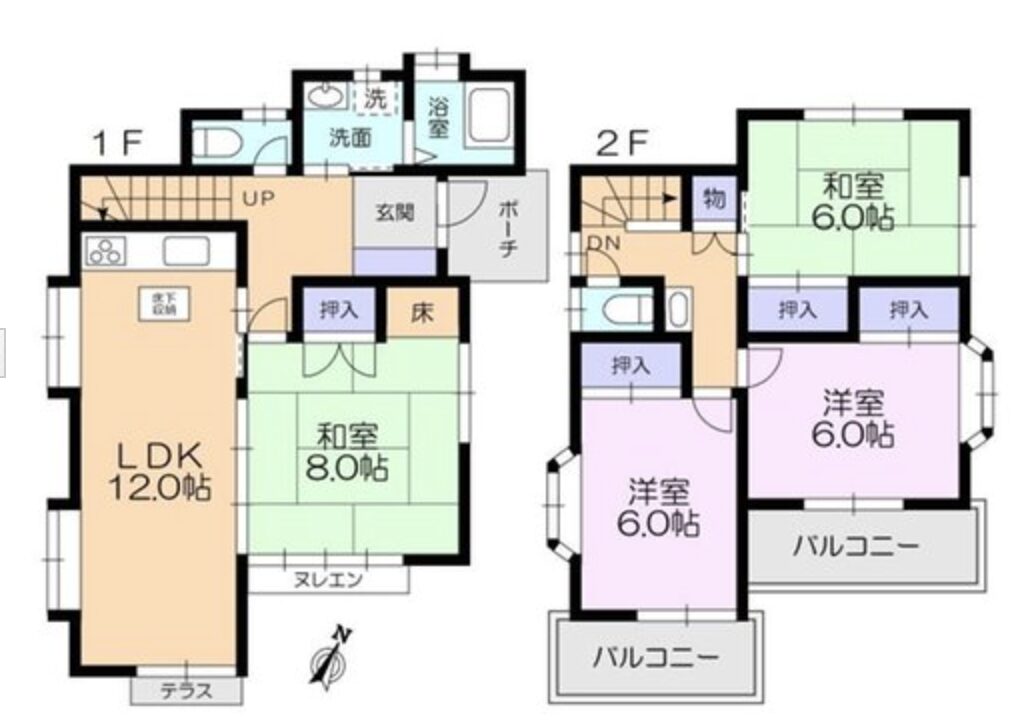
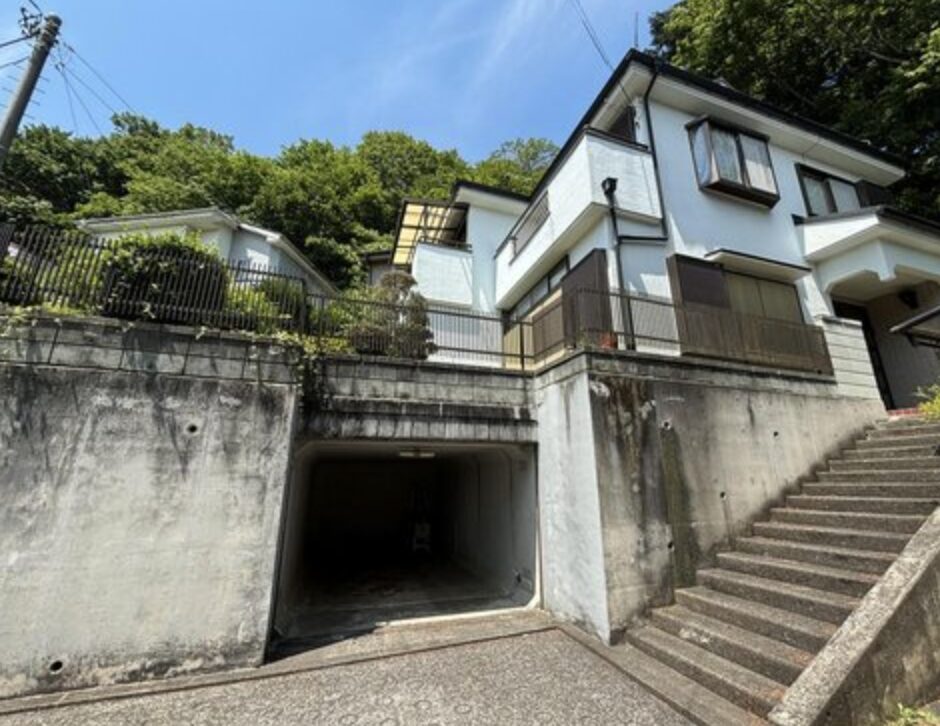
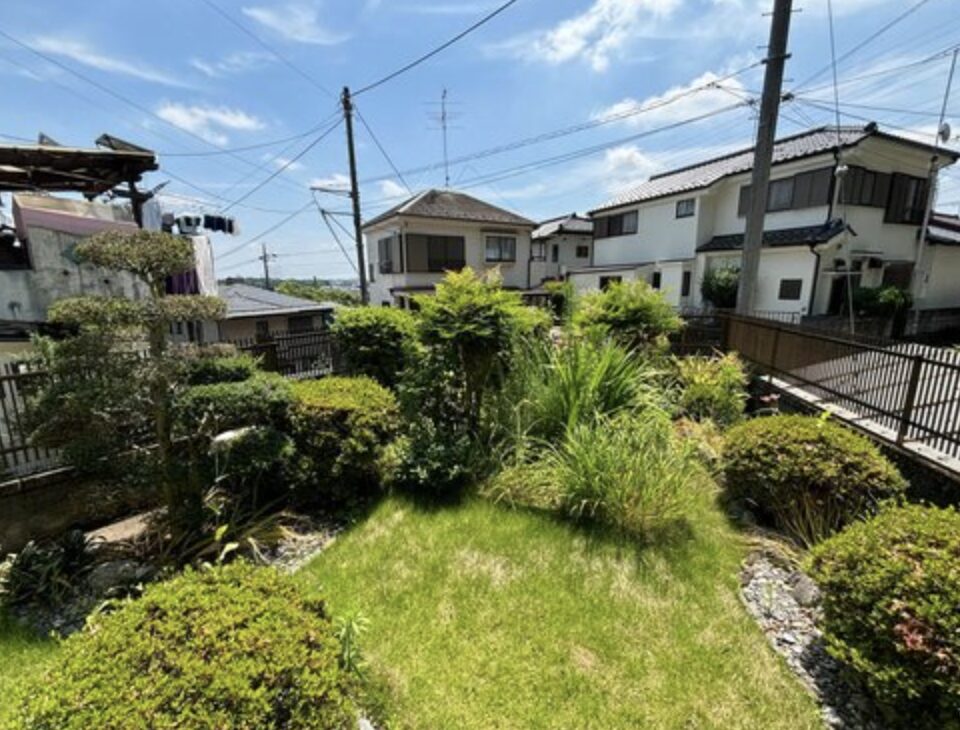
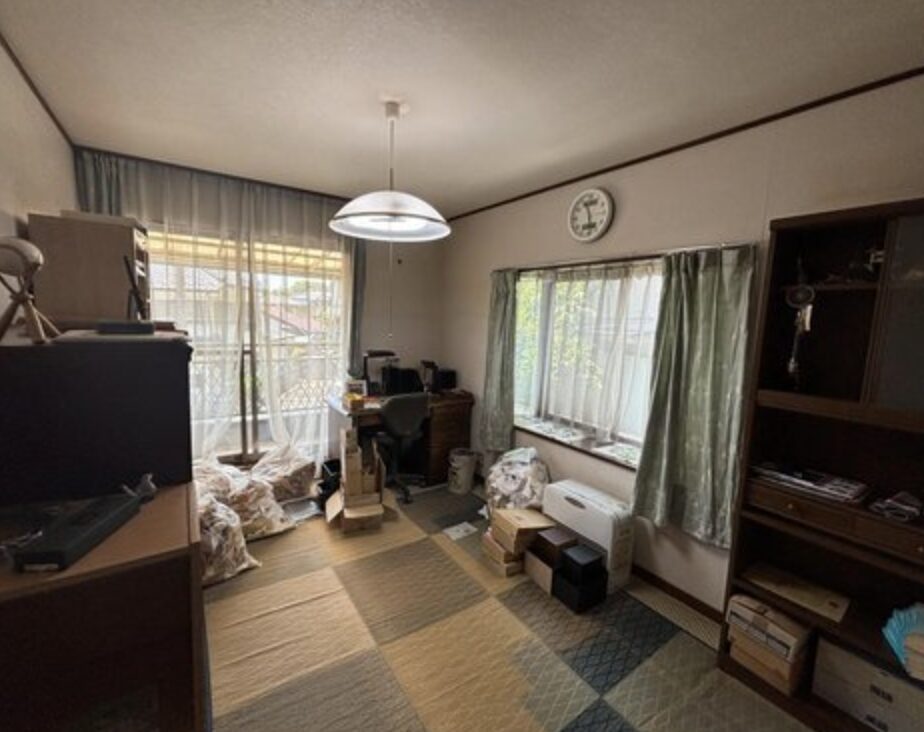
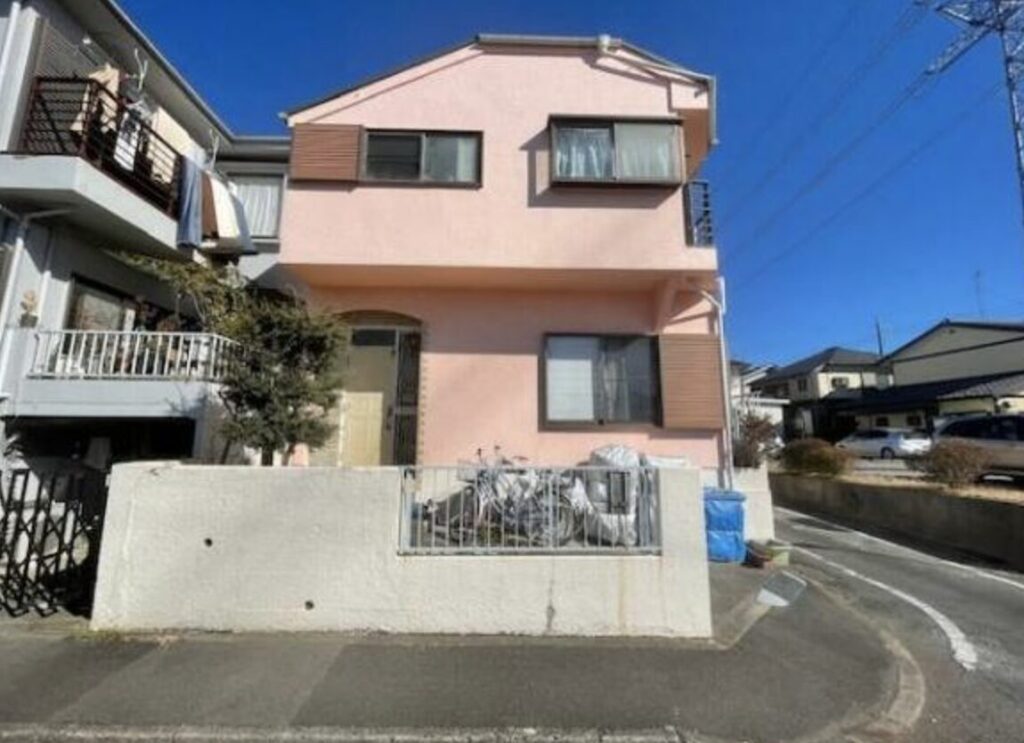
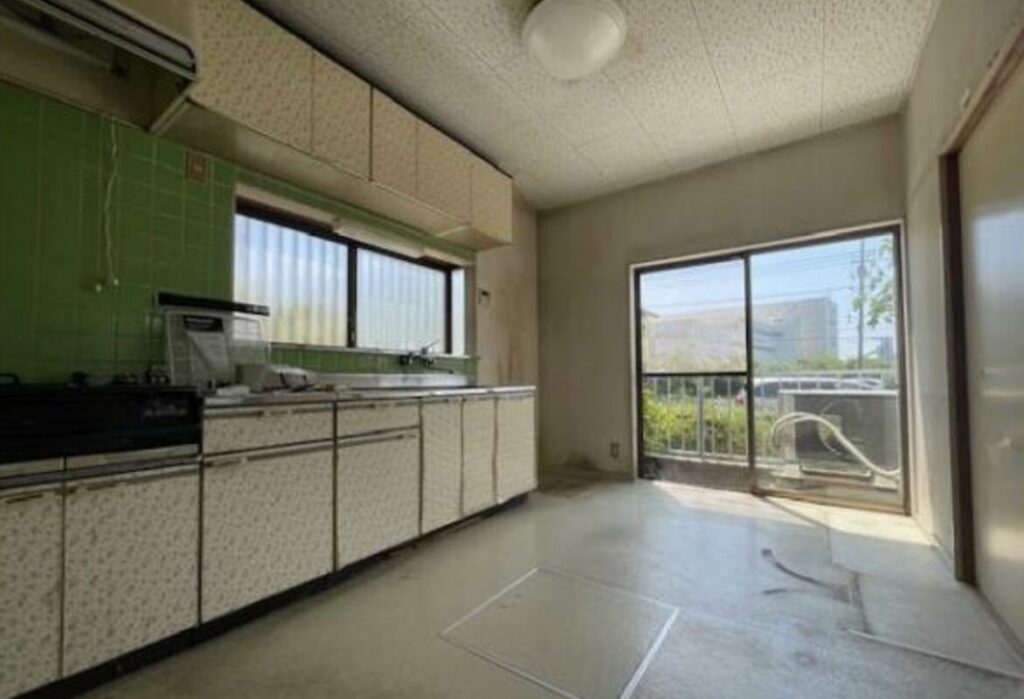
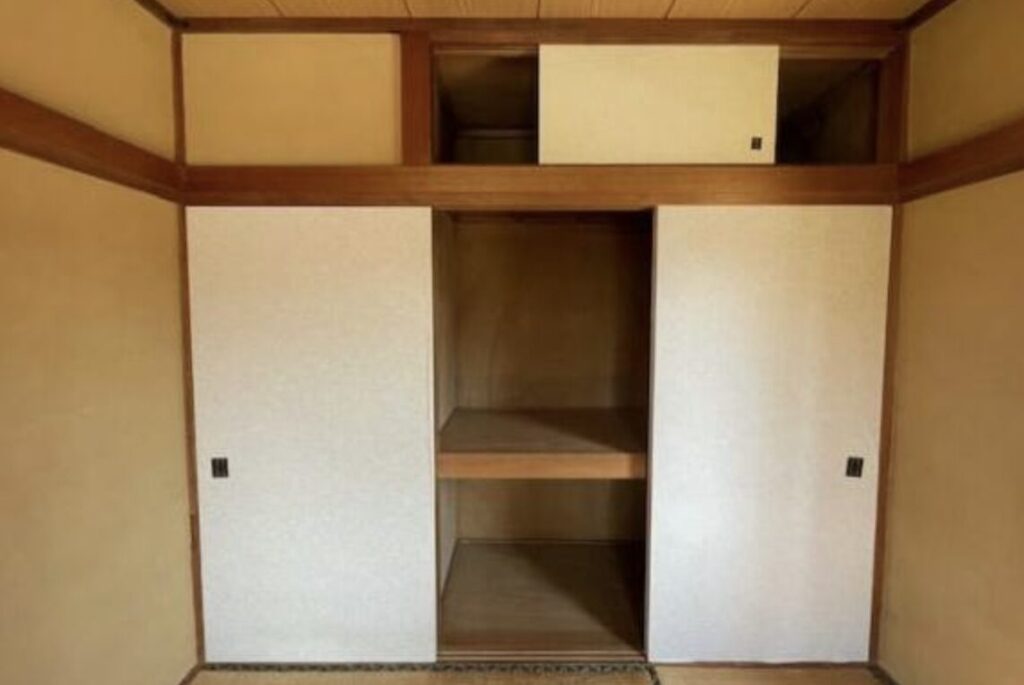
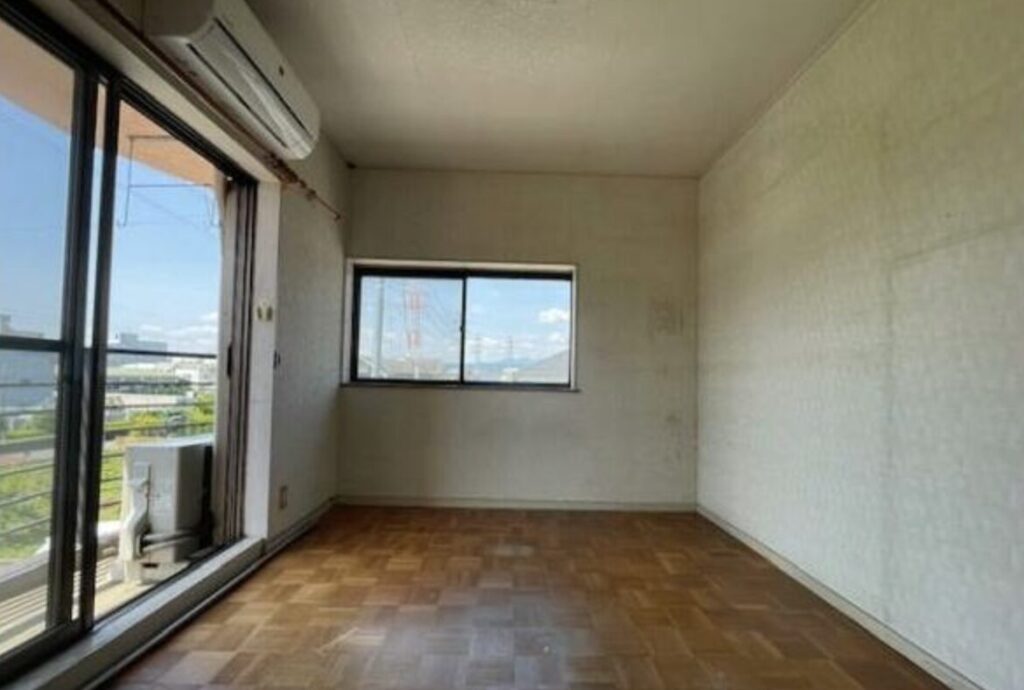
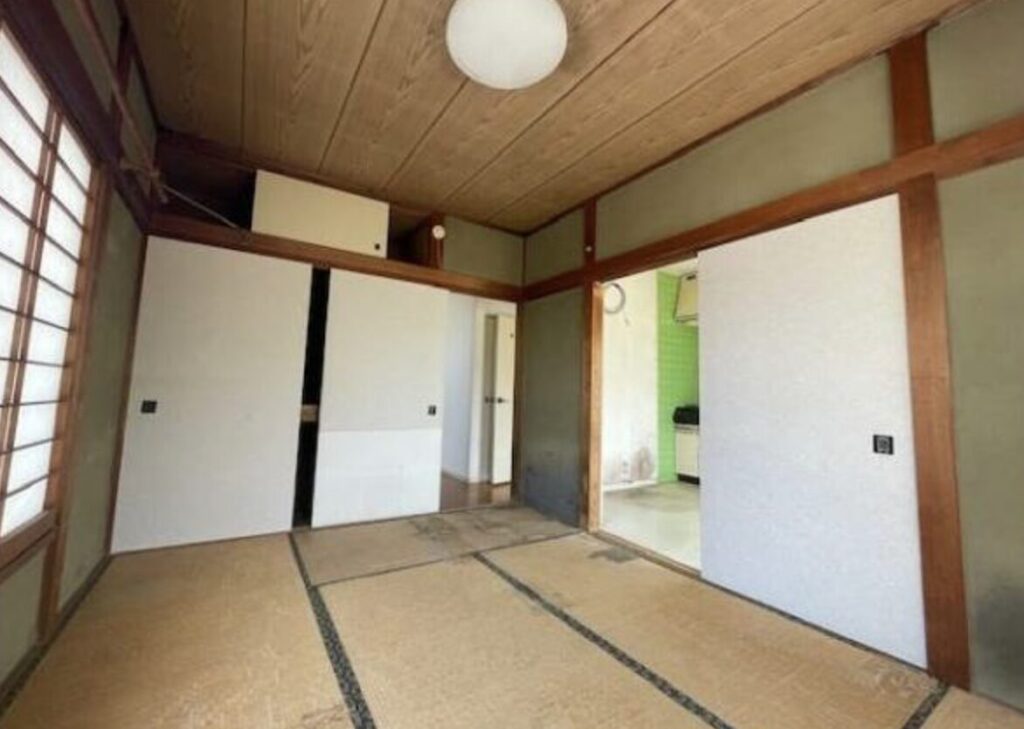
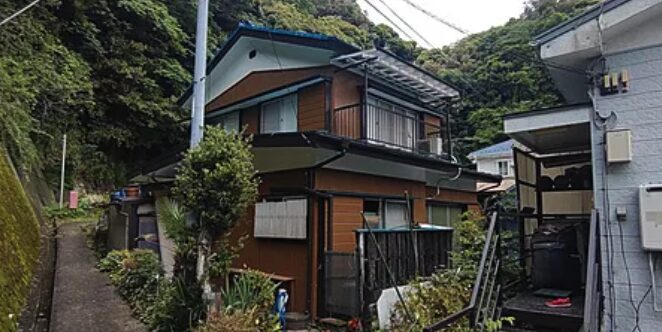
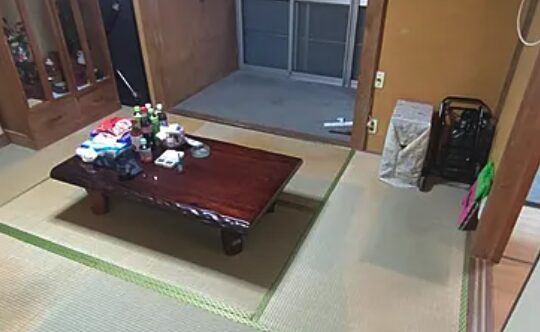
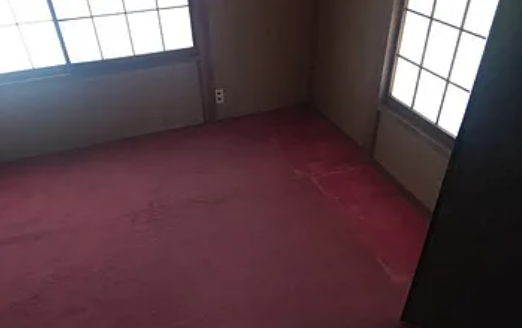
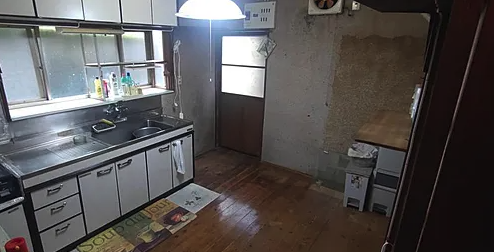
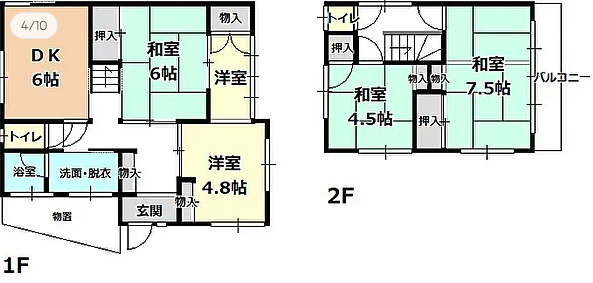
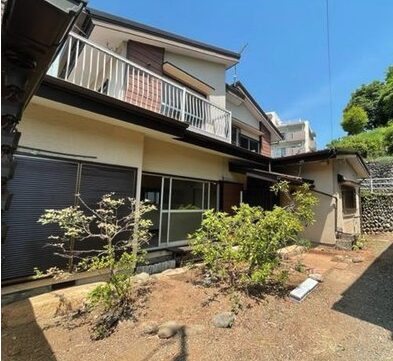
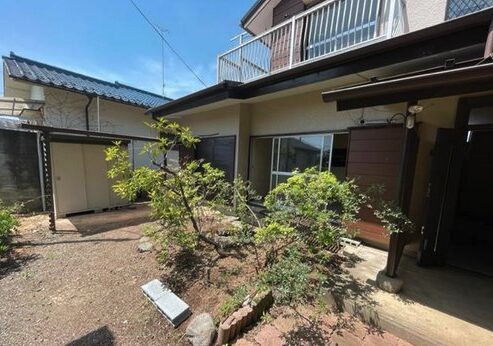
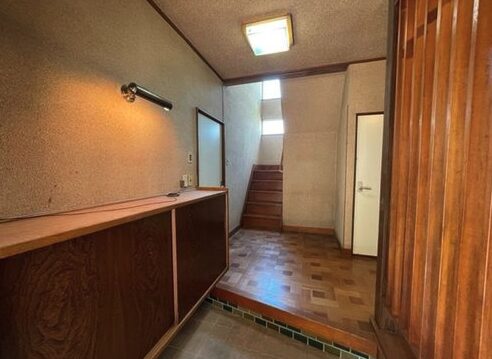
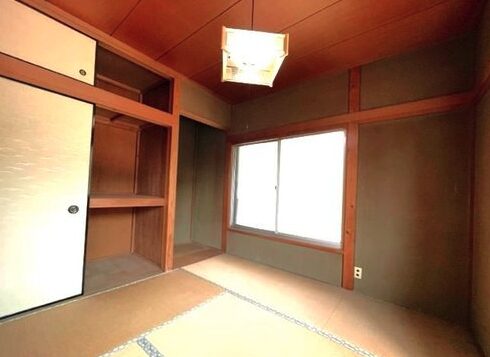
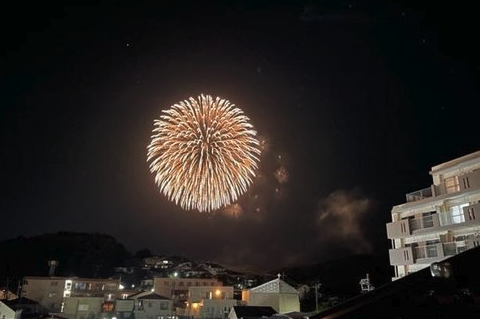
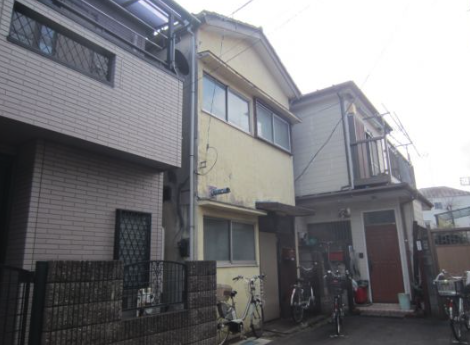
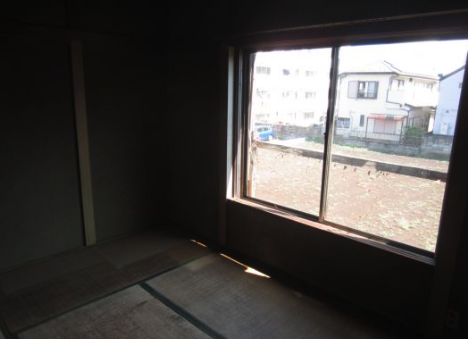
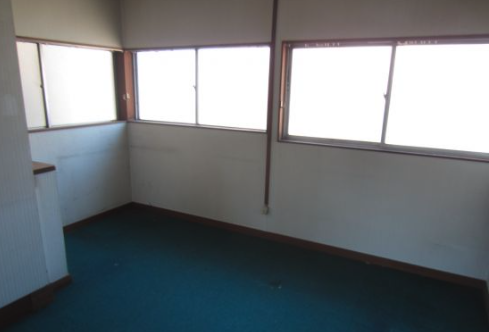
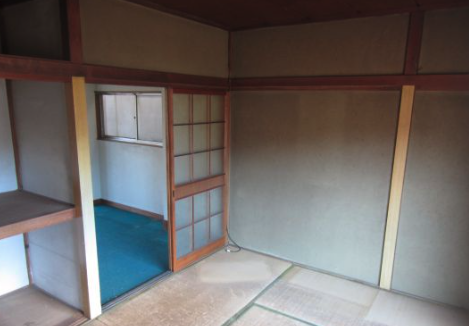
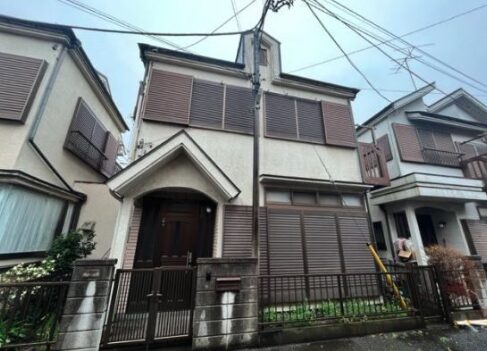
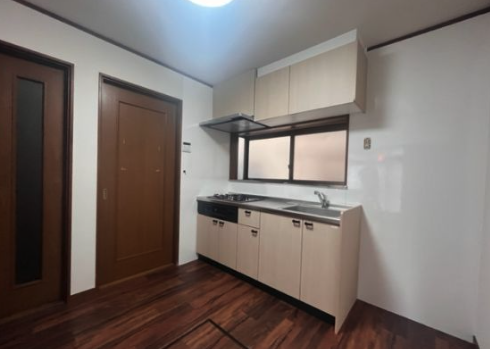
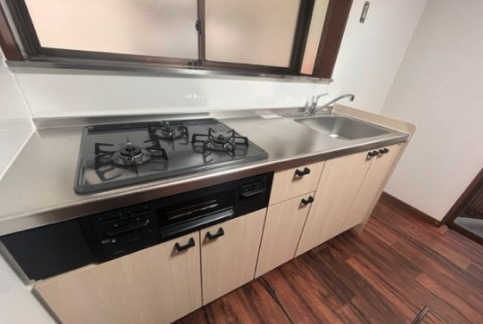
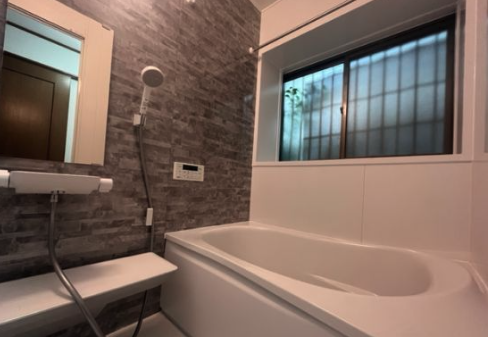
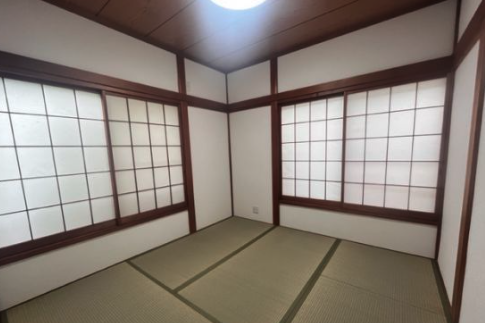
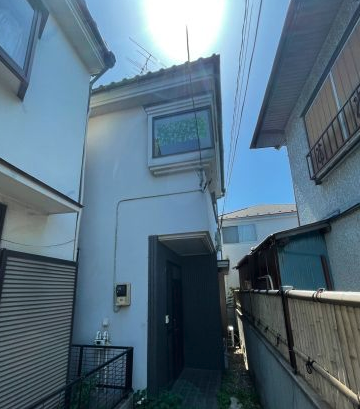
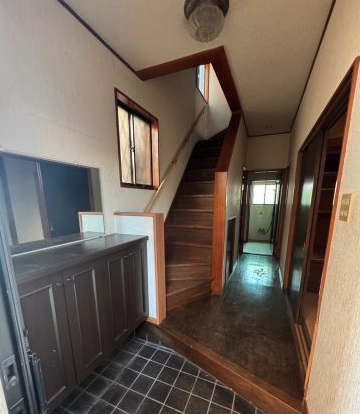
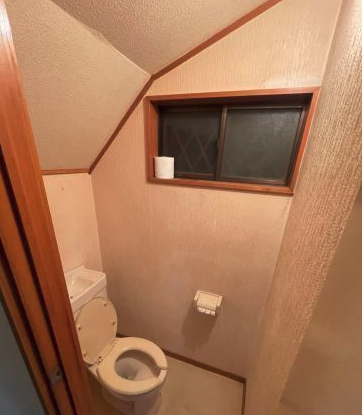
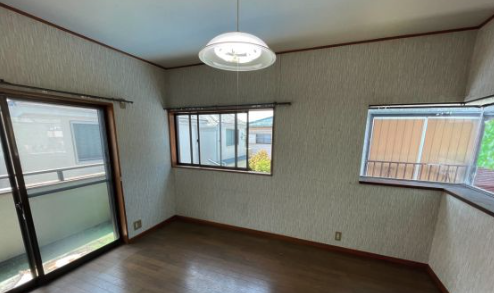
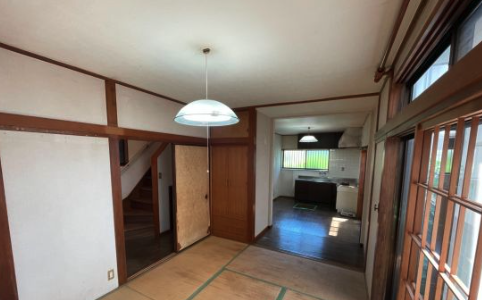
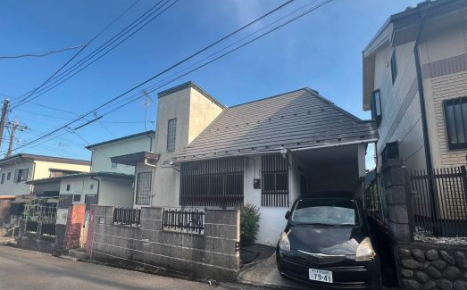
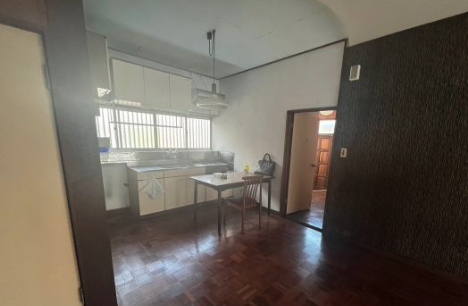
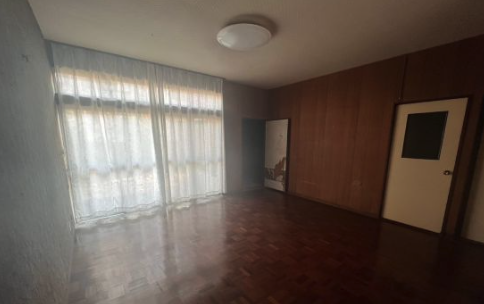
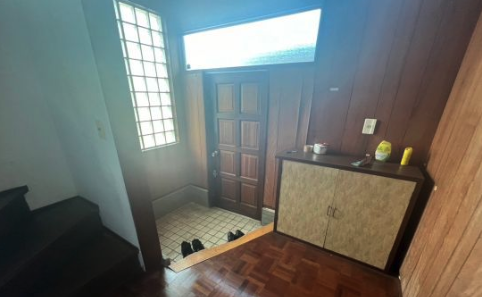
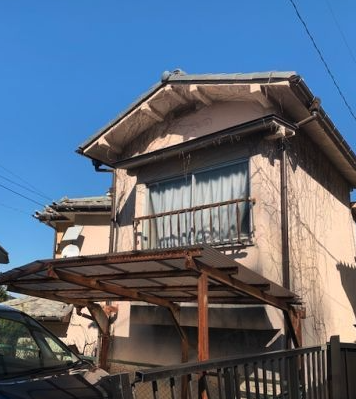
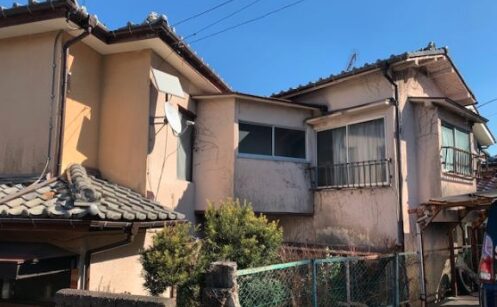
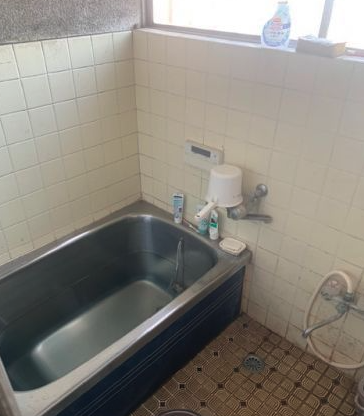
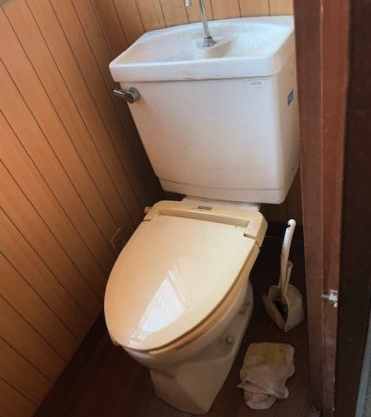
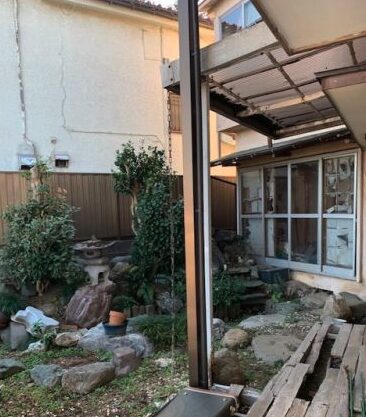
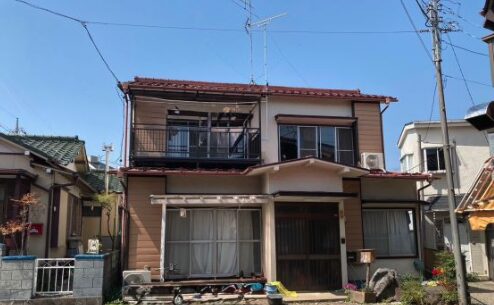
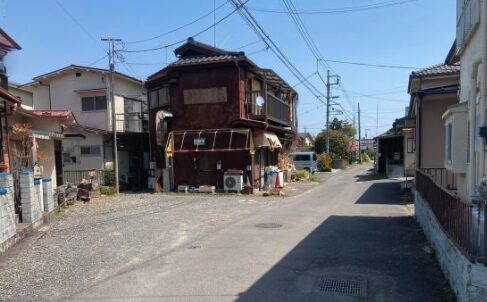
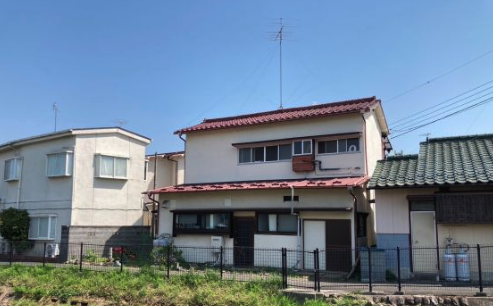
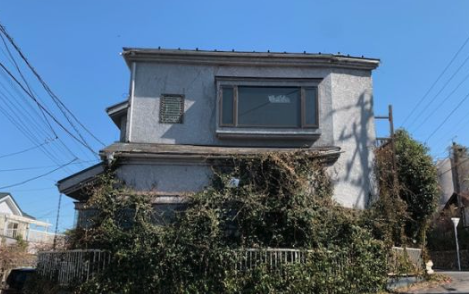
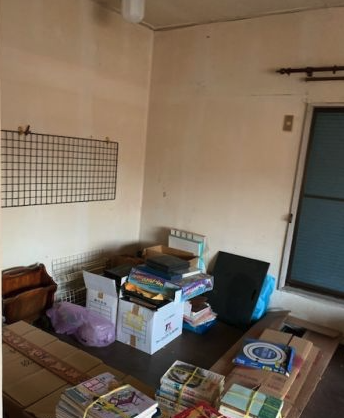
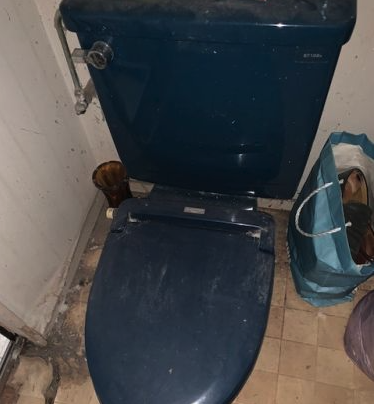
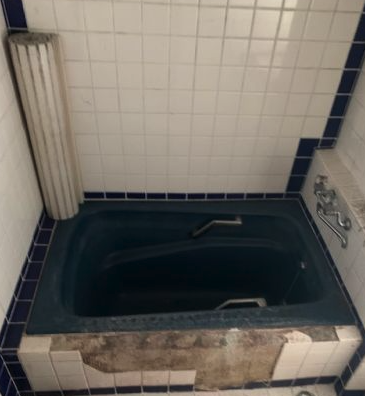
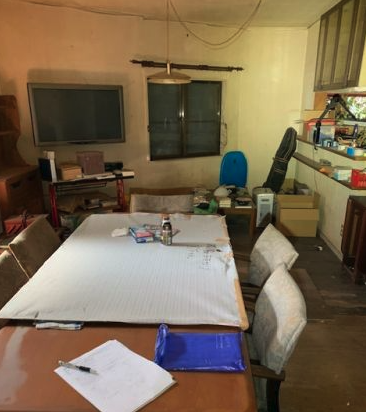
No comments yet.